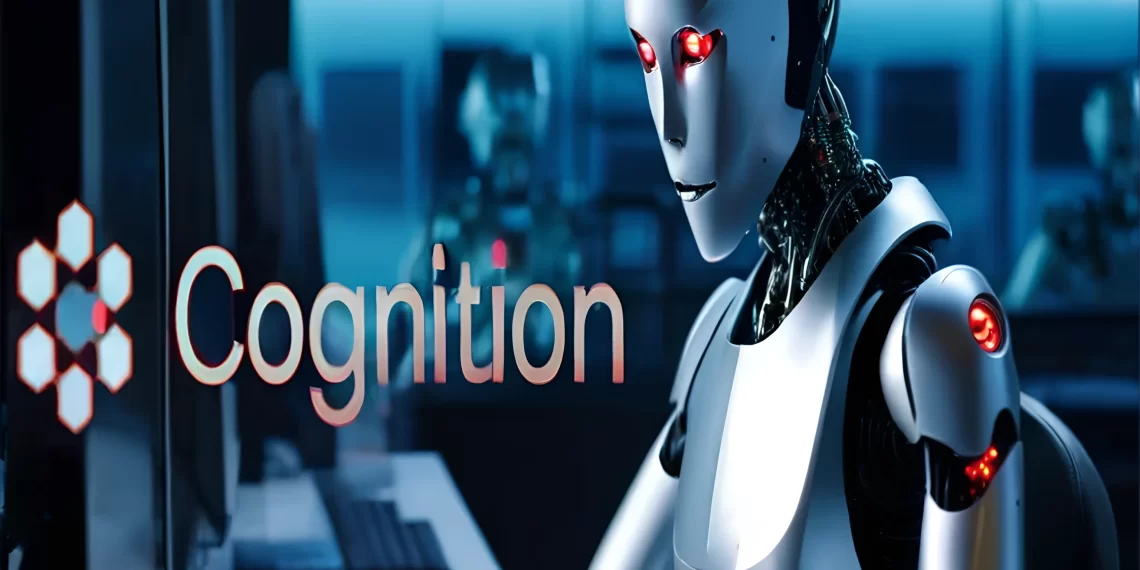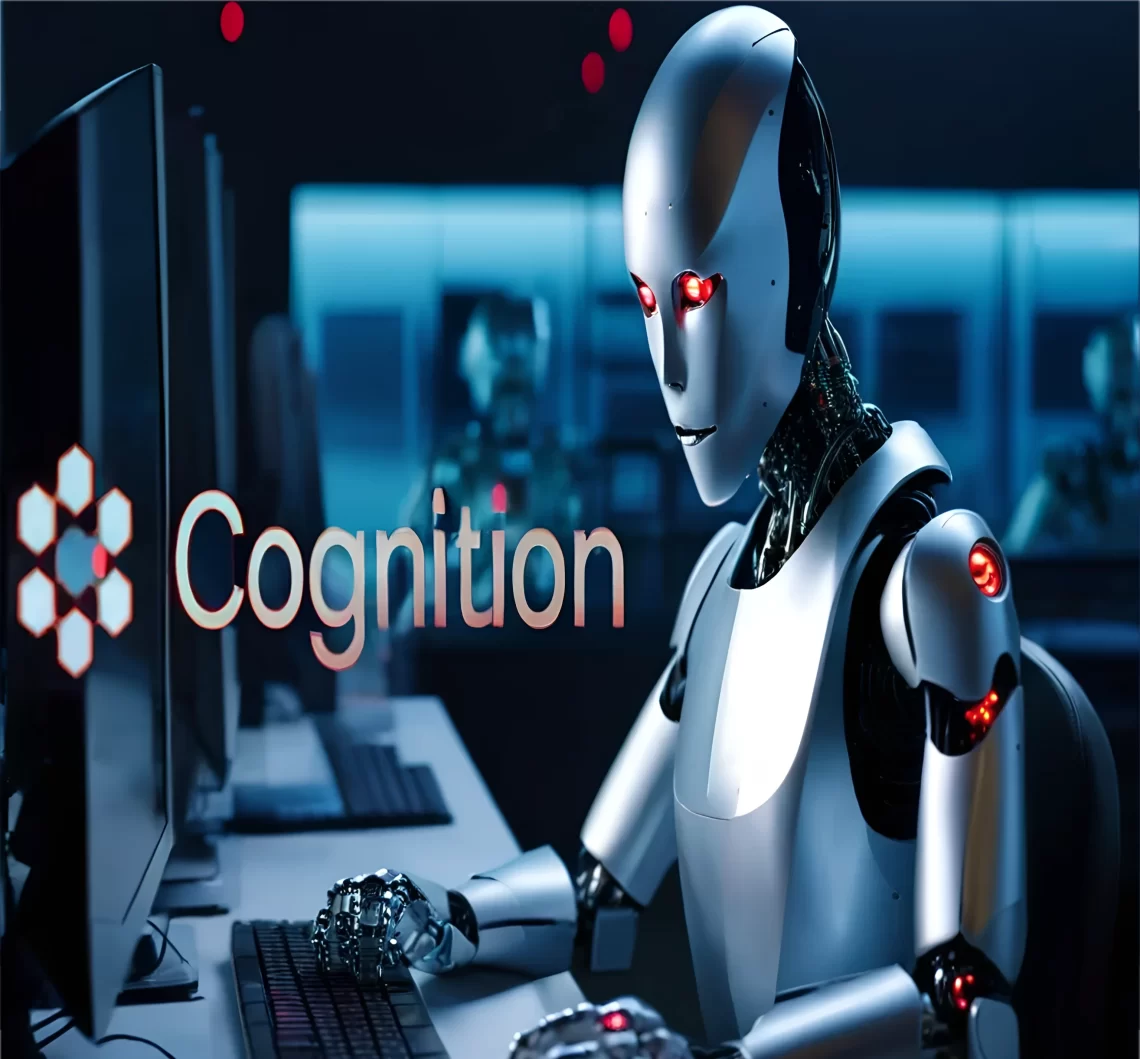The current valuation of Cognition Labs is $2 billion.
From its $350 million January valuation, this is a significant increase.
Devin, the first software engineer, was employed by the AI startup.
Six-month-old Cognition Labs has already reached the milestone after several months of pursuing a $2 billion valuation. This record shows how investors’ interest in and confidence in the Artificial Intelligence (AI) startup’s potential is developing.
$350 million to $2 billion in valuation
Cognition Labs just raised $175 million from the Founders Fund, led by Peter Thiel, to value the company at $2 billion. This valuation puts Cognition Labs on par with French AI companies Mistral and Perplexity AI, both now valued in the billions.
Mistral is in talks with possible investors to raise $533 million, which, if successful, would increase the company’s worth to $5.3 billion.
Walden Yan, Steven Hao, and Scott Wu formed Cognition Labs in November 2023. At the beginning of this year, it was already worth $350 million. Following a $21 million Series A fundraising round headed by Founders Fund, this occurred. Quickly after, Cognition Labs started discussing increasing its $2 billion valuation. This suggested that it intended to increase its January valuation six times in a matter of weeks.
Founder’s Fund made hints at joining the latest round of fundraising at the time. Notably, Cognition Labs reportedly declined a $1 billion valuation offer. Cognition Labs is currently developing an AI tool that writes programming.
Cognition Labs could use this new cash to encourage additional development, particularly to improve its goods.
Devin Helps Cognition Labs Beat the Odds
The sharp rise in valuation that Cognition has experienced is indicative of the increased demand for AI-powered solutions and, more specifically, software development task automation technologies. It may be concluded, then, that Cog Labs’ introduction of Devin had a significant impact on the company’s most recent valuation.
The March launch of Devin, an AI software engineer, piqued the interest of IT enthusiasts. Artificial intelligence technology has passed multiple real-world engineering interviews after being vetted by multiple leading tech businesses. Interestingly, Devin is able to optimize AI models and code independently. Without human assistance, it can accomplish tasks independently.
The tool has demonstrated promising outcomes. It can solve problems autonomously with 13.86% accuracy, which is higher than the 1.96% found for the prior top model.

























